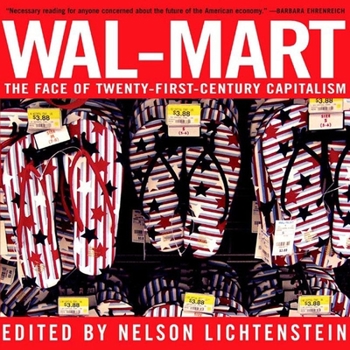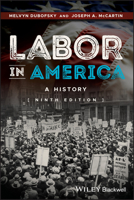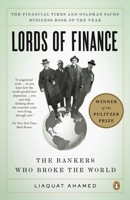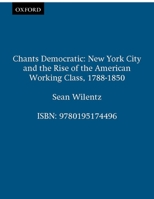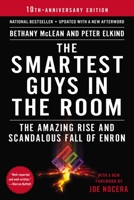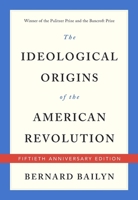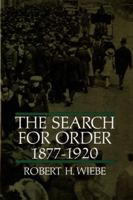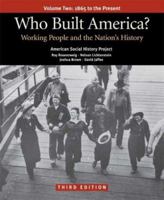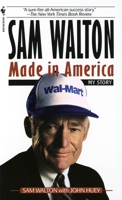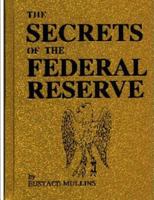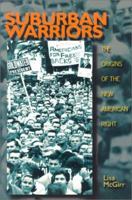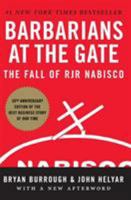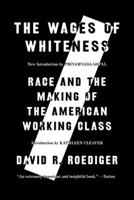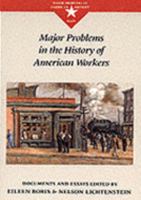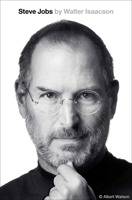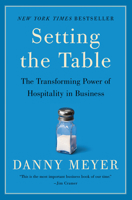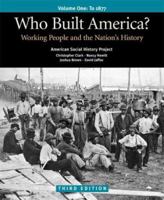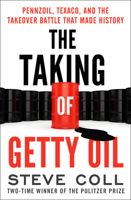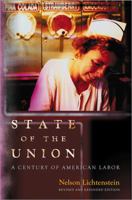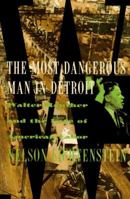Wal-Mart: The Face of Twenty-First Century Capitalism
Select Format
Select Condition 
You Might Also Enjoy
Book Overview
Edited by one of the nation's preeminent labor historians, this book marks an ambitious effort to dissect the full extent of Wal-Mart's business operations, its social effects, and its role in the U.S. and world economy. Wal-Mart is based on a spring 2004 conference of leading historians, business analysts, sociologists, and labor leaders that immediately attracted the attention of the national media, drawing profiles in the New York Times, Los Angeles Times, and the New York Review of Books. Their contributions are adapted here for a general audience.
At the end of the nineteenth century the Pennsylvania Railroad declared itself "the standard of the world." In more recent years, IBM and then Microsoft seemed the template for a new, global information economy. But at the dawn of the twentyndash;first century, Wal-Mart has overtaken all rivals as the world-transforming economic institution of our time.
Presented in an accessible format and extensively illustrated with charts and graphs, Wal-Mart examines such topics as the giant retailer's managerial culture, revolutionary use of technological innovation, and controversial pay and promotional practices to provide the most complete guide yet available to America's largest company.
Customer Reviews
Rated 4 starsTHE RACE TO THE BOTTOM MUST STOP HERE
This may not be the book of essays that finally gets people up in arms against the Wal-Martization of the world but it contains much useful information for those are interested in that perspective. This writer has just received news that the Massachusetts Federation of Teachers (MFT) has voted to support the Wal-Mart boycott. Thus, the MFT joins a growing number of other unions union federations nationally and internationally...
0Report
Rated 4 starsvery very useful academic perspective
Neither a polemic nor a whitewash, this book is critical yet strives to be fair. Its perspective is predominantly historical and a bit too academic, but it is well written and simply fascinating. Sam Walton was a natural salesman, passionate about building his retail business. When founded Wal-Mart in 1962, he did not entertain any dream of becoming the wealthiest man in America or creating the world's largest company...
0Report
Rated 4 starsGood Insights!
The book begins by summarizing the 10/11/03 lockout/strike of 59,000 Southern California grocery workers from 850 supermarkets in an effort to maintain wages and healthcare insurance the UFCW had negotiated over 50 years. The lockout/strike ended Feb./Mar. of '04 with a decisive defeat for grocery workers - the new contract slashed starting pay and capped health insurance payouts. The one point of agreement was that the...
0Report










